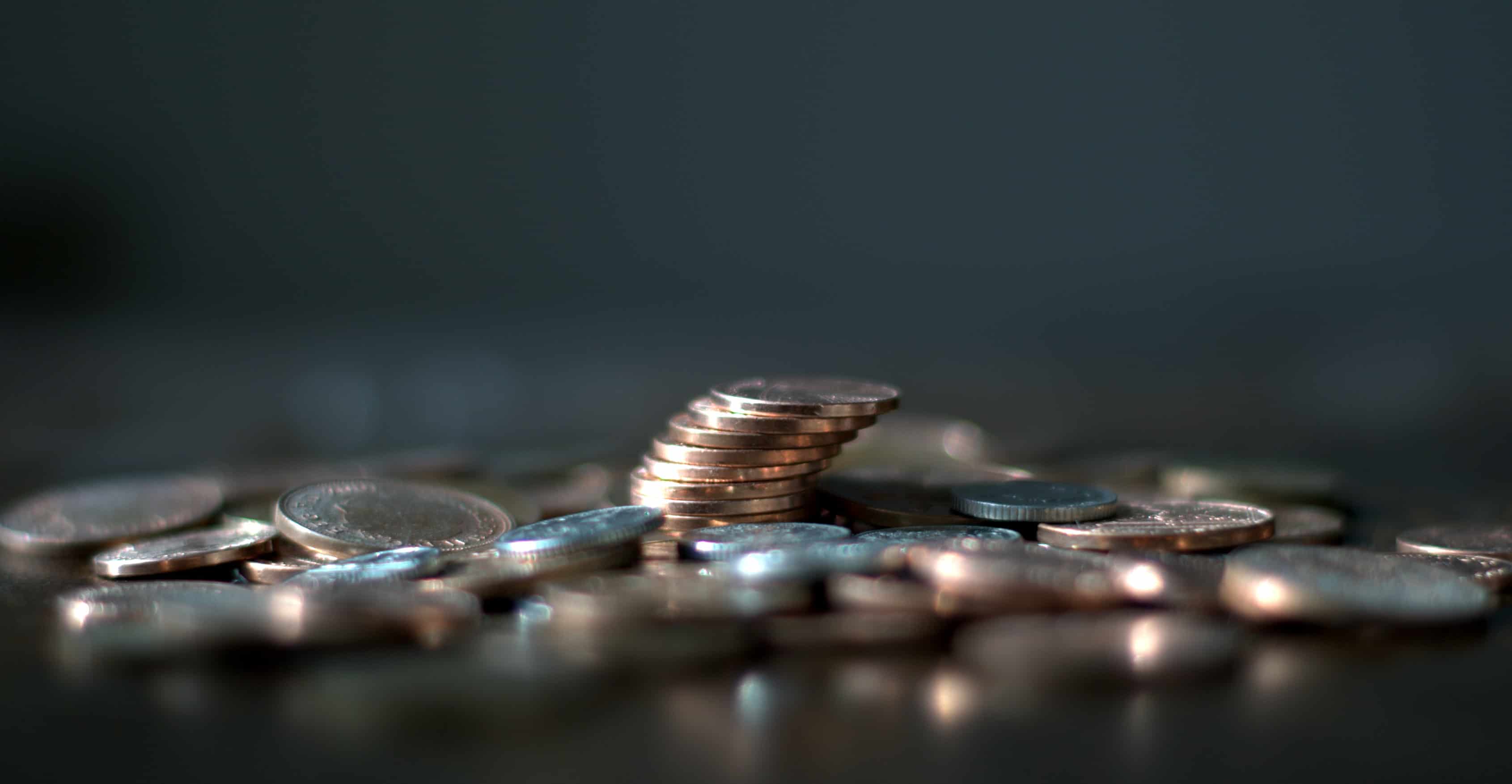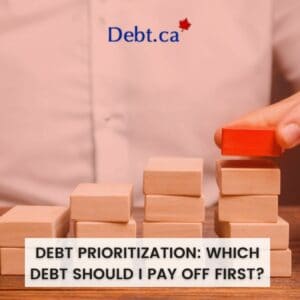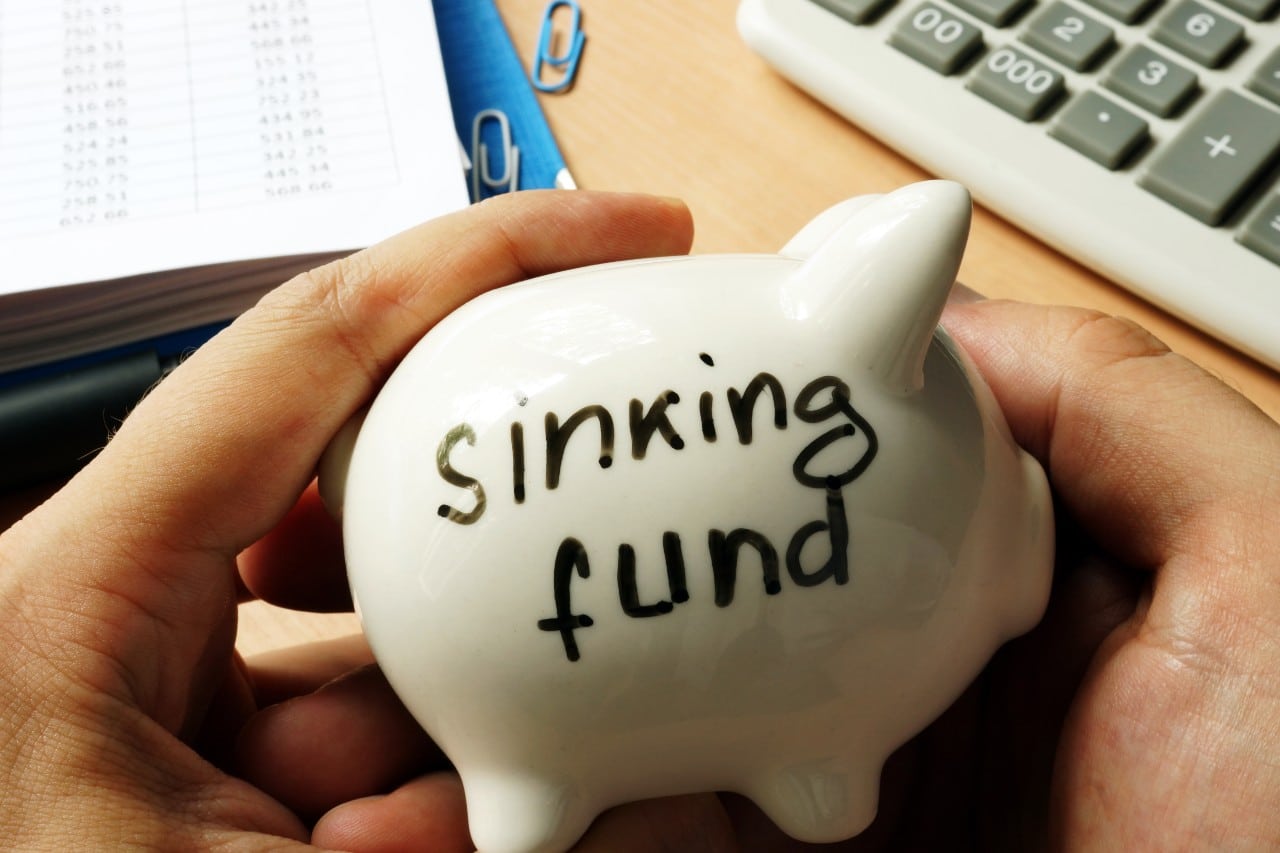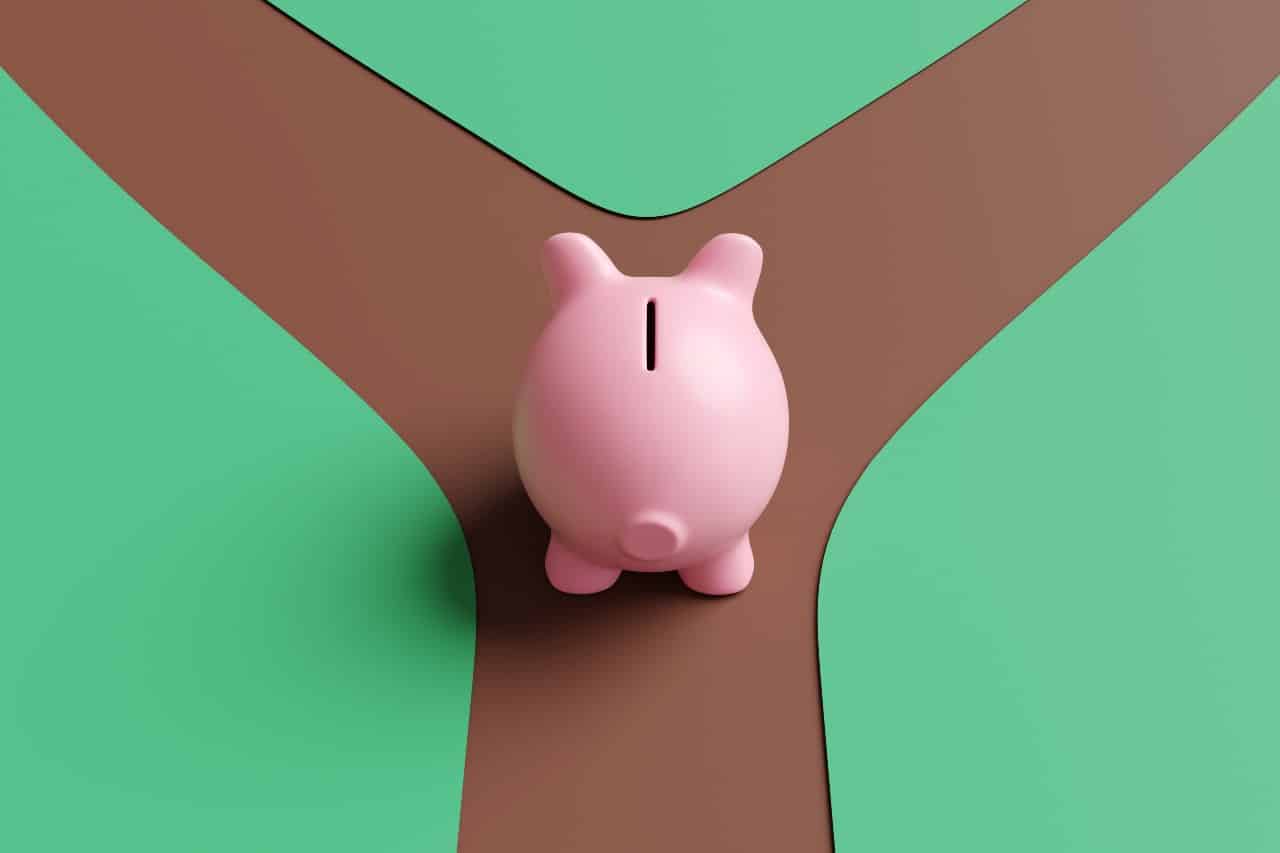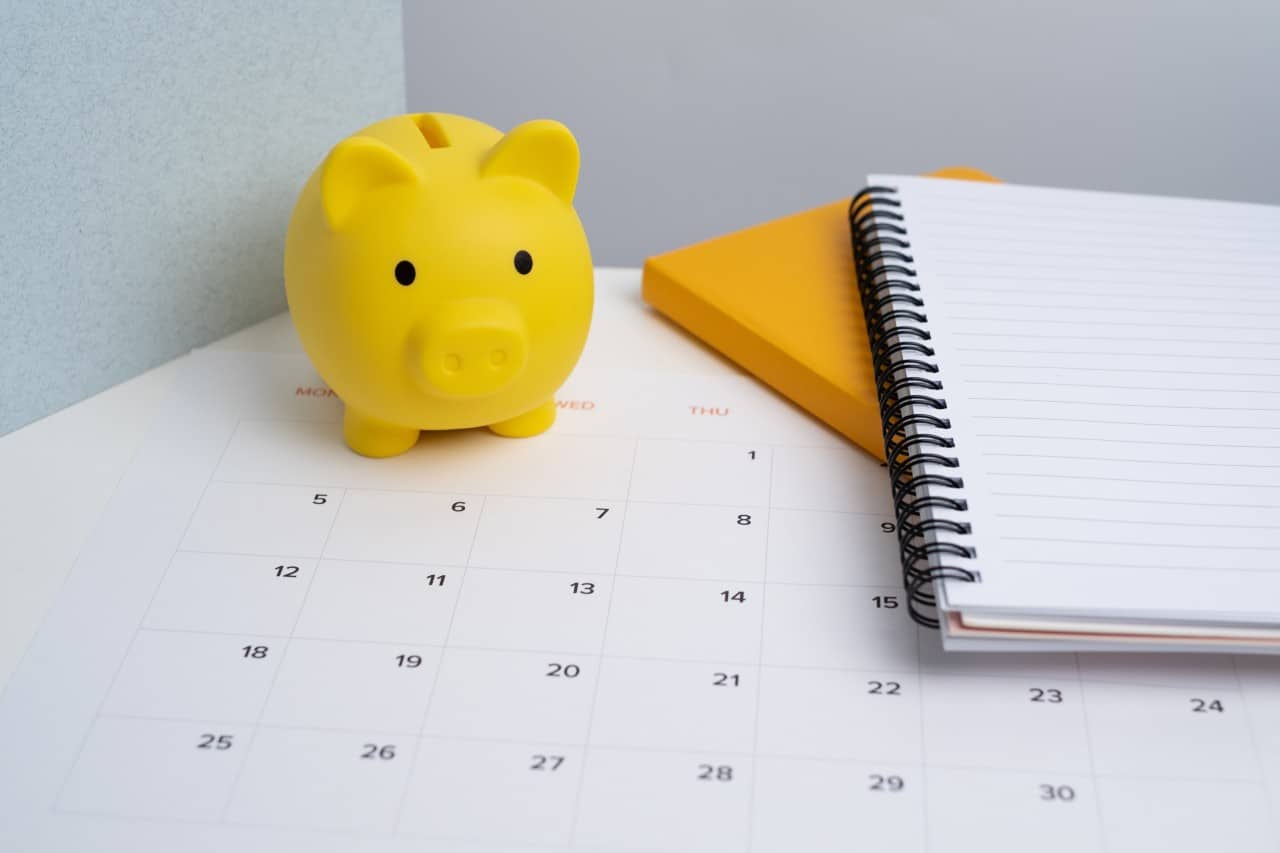Most of us aren’t so lucky that we acquire a financial windfall very often. Any unexpected amount of money you get presents a bevy of opportunities. Often, our instinct is to take a piece of that unexpected financial bonus and use it towards an item we’ve been wanting.
There’s nothing wrong with feeling that way, but short-term satisfaction may keep you in debt for the long term. Instead, implementing some financial planning can go a long way to making you debt free.
A financial windfall can come in the form of an annual bonus, income tax refund, insurance settlement, income from the sale of something, or as an inheritance, and deciding what to do with it can be a bit overwhelming.
See what you can do to responsibly manage some unexpected cash.
What Are You Doing Now?
Look at your financial situation before you received your windfall. What were your priorities and goals? Were you paying off debt, saving for an emergency fund, or saving up for a down payment?
Depending on the amount of the financial windfall in your possession, you can split it amongst several “buckets.”
Outstanding Debt
Some examples of outstanding debt include:
- Credit Card Debt
- Mortgage
- Student loans
- Auto loans
- Payday loans
Look at all your debts and see where paying more can benefit you best. Consider the snowball or avalanche method.
Registered Education Savings Plan
Much like the 529 plans in the US, an RESP helps families save for a child’s post-secondary education. These savings grow tax-free until the person named in the RESP enrolls in post-secondary education. If you have children and you want to ensure their are funds for when it’s time to attend university, you can contribute all or some of the funds to an RESP.
Retirement Savings
Contributing to an RRSP or TFSA account is a responsible way to save for the future. Of course, consistently contributing to these accounts can result in a nice nest egg for when you decide to stop working for good.
Furthermore, you may want to speak to a financial planner to discuss estate planning and life insurance. Most people with children and family members they want to take care of after they pass must consider these options. Estate and retirement planning can help ensure your financial security in the future.
Savings and Investments
Contribute to your savings account, emergency fund, or goal. If you like investing, try mutual funds, index funds, and other investments.
What Not To Do With A Windfall
Acquiring unexpected money doesn’t warrant spending it irresponsibly. Every dollar that comes into your home is a dollar you’ve earned in one way or another, and each of those dollars deserves to play a part in your life.
Avoid the following when you receive a financial windfall:
- Using it without planning
- Spend it all on impulse buys for yourself
- Spend it all on gifts for others
- Depend on windfalls to pay off debt
- Use all of it without considering the taxes
Prioritize Your Needs
If your #1 priority is to get out of debt, then this is easy. Whether you’re paying off high-interest loans first or using the snowball method, the easiest thing to do is put all your found money towards your debt. This will greatly accelerate the amount of time it’ll take you to pay off the rest, and you should be pretty happy about that.
If you’re trying to save up a small emergency fund AND pay off debt, you can do a bit of both. Put $500 or $1,000 of your windfall towards your emergency fund and the rest towards debt.
If the amount you received is very large compared to the amount you owe, you have a bit more flexibility. Maybe top up your emergency fund, pay off your debts, put some aside for a down payment, give some to charity, and go enjoy some of it.
Enjoy It A Little Bit
It’s ok to enjoy spending a portion of the money you received. If this is an annual bonus, feel free to go out for a nice dinner date before dividing the rest up. If it’s more, consider a reasonable vacation or home renovation.
You don’t want to end up resenting this money or your choices, but you DO want to be happy and confident that your decisions with regards to it are accelerating your and your family’s goals.
Don’t Forget About Taxes
Always double-check how you will be taxed on this money. There’s no sense in using it all to pay off your credit card debt only to find an enormous tax bill waiting for you at the end of the year. That’s why it’s always best to take a deep breath and look at your options before dumping all this money somewhere.

